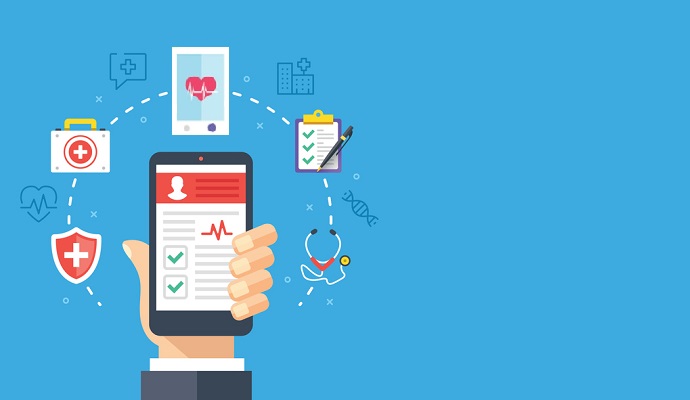Pediatric Care App Allows Remote Monitoring, Custom Metrics
Providers and caregivers are beginning to leverage the use of a pediatric care app and remote monitoring to improve adolescent health.

Source: Thinkstock
- A new pediatric care app provides families, providers, and caregivers a way to manage their patients/children remotely, and helps specifically tailor care to the patient’s unique needs.
Researchers from Boston Children’s Hospital Innovation and Digital Health Accelerator (IDHA) and Duke Health System developed Caremap as a way to improve routine care and communication between a child’s family and his or her primary care provider.
Using Caremap, families can give medical providers critical information on things such as allergies or medical equipment they rely on, along with emergency action plans, by showing the app or sending a PDF snapshot via email.
Day to day, families can track health and behavioral data such as exercise, mood, pain and sleep, and add custom metrics of their choice (i.e. school attendance or temper tantrums). Families can also view the data in colorful graphs to see trends and patterns and communicate those patterns.
"Families can track a symptom or something else they're worried about and see patterns over time," said Laurie Glader, MD, director of Boston Children's Complex Care Service Outpatient Program and a consultant during Caremap’s development.
“The parent can say 'That's actually better since such-and-such has been under control,' or a provider can point out, 'Look how much more frequently that's happening now,'” Glader continued. “If we start a new medication, they can track how their child responds. But the most important part of the app is that everything is centered on the family's goals and priorities.”
mHealth apps used in pediatric interventions offer caregivers and families a viable, mobile solution in improving the health behaviors of children.
Since younger patients are digitally savvy, they are able to navigate mHealth apps with ease when improving their health literacy and behaviors. The assistance from a caregiver or connected professional can use apps to bridge households into the care process.
Caremap will especially benefit children with the most complex medical needs, estimated around 500,000 in the US, according to the researchers. These children make frequent healthcare visits, tend to see multiple specialists, and require emergency care outside of care facilities.
“We wanted to provide a trusted and much-needed resource that would harness the patient voice and family perspective," said Caremap clinical lead Michael Docktor, MD, a gastroenterologist and Clinical Director of Innovation at Boston Children's IDHA. "
The ability to track custom parameters provides an important window into patients' lives that is not captured in the electronic health record, but is important to families,” he said.
Boston Children's and Duke plan to add more functions over time. The first of which is to connect Caremap to Cerner and Epic, the two largest EHRs through the FHIR interoperability interface.
Secondly, the team plans to add secure cloud connectivity instead of running the app through live iOS data.
Caremap was developed through the use of Apple CareKit, Apple’s open source development platform for mHealth apps. Carekit launched with four mHealth apps, and helps developers design apps to empower people to manage their own care.
Other researchers and developers have also begun to utilize Carekit for similar mHealth developments and grant projects such as the Stanford Medical School’s Apple Watch Seed Grant.
